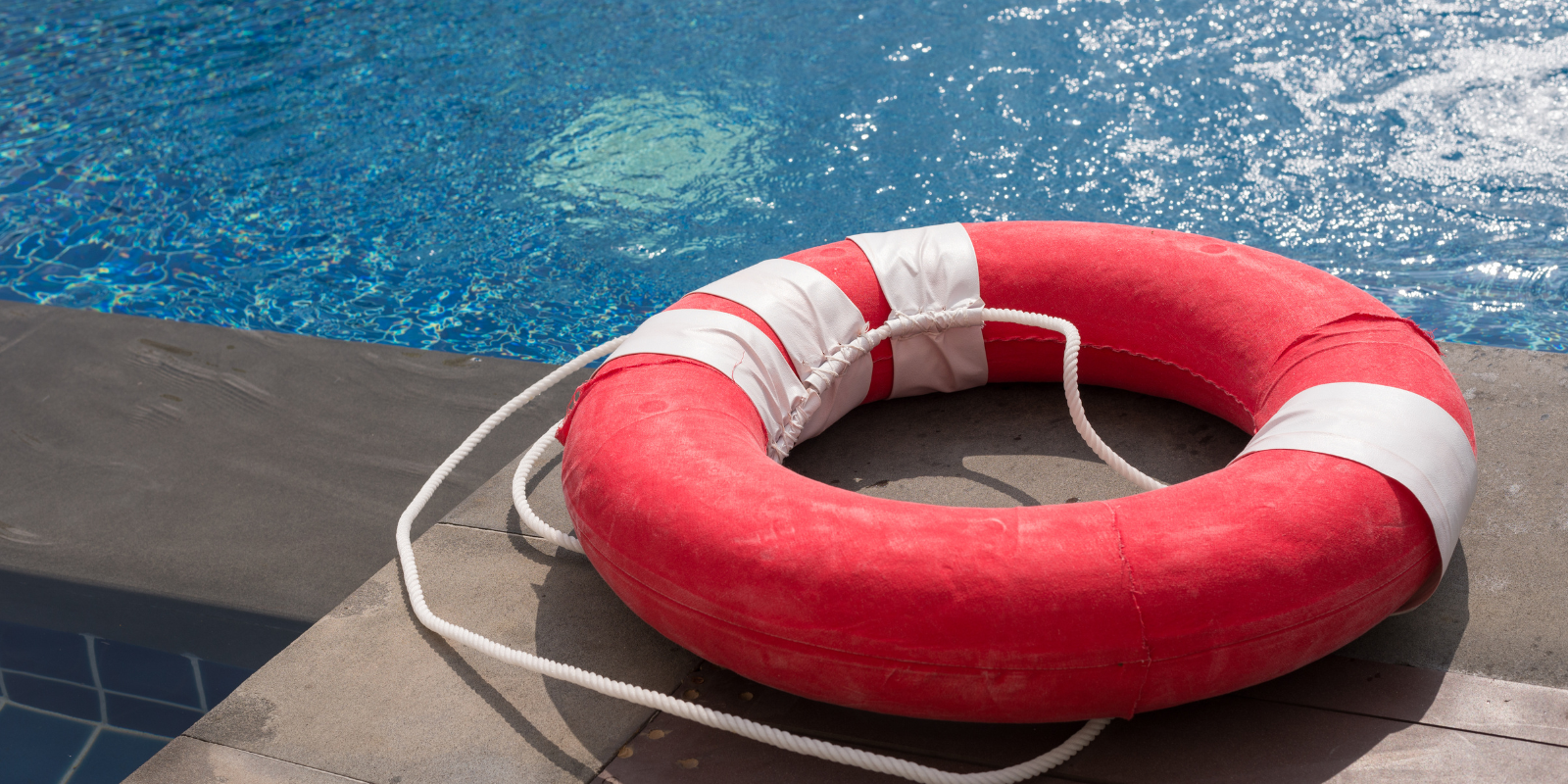Cooking during the holidays is a timeless tradition, often an opportunity to share recipes and gather with family and friends. While the holidays are peaceful and joyous for many, the emergency room (ER) staff will tell you a different story.
Each year, ER staff see a spike in the number of accidents on holidays like Thanksgiving, Christmas, and New Year’s Day, due to cooking injuries, stress, and the high number of people driving during the holidays. Safety is on the line more than you may think.
Angela Wright, MD, assistant professor of emergency medicine at the University of Colorado School of Medicine and medical director for UCHealth Denver Metro Emergency Services (EMS) knows firsthand what health care professionals encounter when assisting emergency patients during the holidays. Wright oversees EMS teams in the regions east of Denver, where ambulance patients are cared for and then transported to the appropriate hospital based on their injury.
She shares some tips on how to avoid the ER this holiday season.
Most common injury in the kitchen
In the rush to meet family and friends or to try a new holiday recipe, the simplest of things can result in an emergency room visit.
“Lacerations, or cuts, are one of the most common injuries from holiday cooking, especially Thanksgiving,” says Wright. “People can feel rushed when carving or preparing a turkey, and before they know it, they’ve sliced something they don’t want to.”
Wright recommends that people should not wait to act on the injury, to wash it out immediately and come to the hospital as soon as possible if the bleeding cannot be controlled or if the cut seems severe. As hard as it is to leave your friends or family, there can be worse health effects if you wait to care for the injury. Luckily, most lacerations can heal within a couple weeks after visiting the ER.
Be careful with that turkey
Make sure to give things a try before the big day. Wright says many ER patients with injuries tend to try a new recipe without testing it first, like frying a turkey.
“You’d be surprised at the number of ways folks try to cook a turkey, like deep-frying or trying a new method that causes a spark, fire, or possible property damage in addition to endangering loved ones,” says Wright. Another safety concern is carbon monoxide poisoning as the temperatures drop. “Be sure to replace the batteries in your smoke and carbon monoxide detectors ahead of time to keep your guests safe. During these cold months, gas heaters are getting a lot of usage and can pose risks. Additionally, make sure propane and other gas grills aren’t used inside or in the garage.”
Though most injuries can be minor, and recovery is quick, property damage, on the other hand, is more difficult to recover from. According to the National Fire Protection Association, deep fryer fires cause an average of 60 injuries and more than $15 million in property damage each year.
Foodborne illness is also a common occurrence when large meals are prepared by multiple people.
“There’s a reason the turkey should be cooked at a minimum of 165 degrees,” Wright says. “Use a meat thermometer and take your time with your recipes. Test them out ahead of time and ask for a helper if you need it. The last thing you want is to be in the ER, away from your friends or family you planned to spend time with.”
Pass the keys
A harrowing holiday statistic is that one of the top causes of holiday ER visits is car accidents from drunk driving. Over the past five years on Thanksgiving Day, Christmas Day, and New Year’s Day, the emergency medical system in Wright’s region alone, including ambulances and the ER, has cared for over 200 patients from motor vehicle collisions, many of which involved driving while under the influence. Intoxicated driving can lead to not only personal injury but can put everyone’s lives at risk who are on the road.
In the midst of holiday cheer, people tend to drive during the day on Thanksgiving, which makes it the riskiest day for driving out of all the holidays.
“Folks enjoy having a couple glasses of wine with family at dinner. It’s part of how some people like to celebrate, but there are ways to check in on your friends and family who may be drinking past the limit of driving home safely,” says Wright. “Approach them with care and love when offering to help. It may even be worth it to prepare for a few extra guests to stay overnight if alcohol is involved.”
Wright strongly advises staying off the roads entirely on holidays, for extra safety precaution.
The stress of family
In addition to cooking and driving dangers, the stress of the holiday season can sometimes escalate familial and health situations.
“The day after major holidays, we sometimes see elders experiencing heart attack symptoms, stroke symptoms, or infectious symptoms. Some of these conditions can be worsened by the commotion of gathering and engaging in activities the individual isn’t used to at their age,” Wright says. “They’ll often wait a day to come to the ER after they have experienced symptoms, because they don’t want to disturb the family. Make sure to ask older family members ahead of time how they’d like to be accommodated and what will make them feel most comfortable if they need a place to rest. And if you notice a family member appears ill, don’t wait. Bring them in.”
Wright also recommends practicing self-care activities during the few days or a week you spend with family, like taking a short walk or having restful time alone. Family and intimate partner violence is an unfortunate result of holiday stress, and a delicate situation for victims who need medical care.
“In the case a conversation escalates, it’s important to remove yourself from the situation, first and foremost,” says Wright.
Abuse can come in many forms and sometimes in ways that don’t outwardly appear to be dangerous. Wright recommends reviewing the warning signs of abuse, or calling 800-799-SAFE (7233) if you or a family member are in danger.
Give thanks to those who care for you
As high-stakes and busy as it is to work holidays, Wright says EMS and ER staff are used to working during the holidays and have found time to celebrate together.
“Work family becomes real family. We're really fortunate we get to build bonds when we work holidays together,” says Wright. “In the Aurora area, first responders will bond together at their stations, so there’s typically a big potluck and food-sharing during breaks between all first responders. Family members come to the station and share appreciation, too. Our crews are incredible, brave, and recognize how important it is to show up to take care of their community.”
Holiday Hosting Safety Checklist:
|




.png)